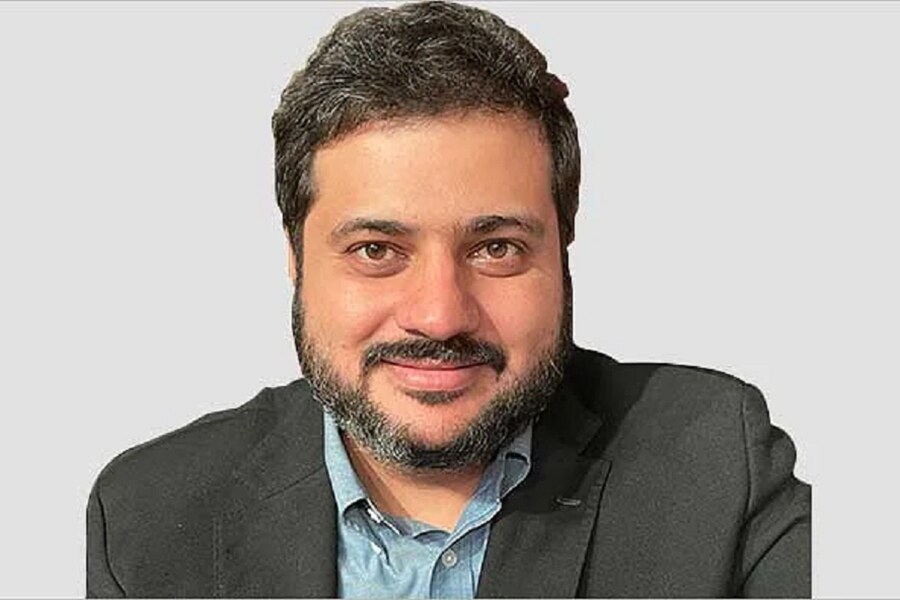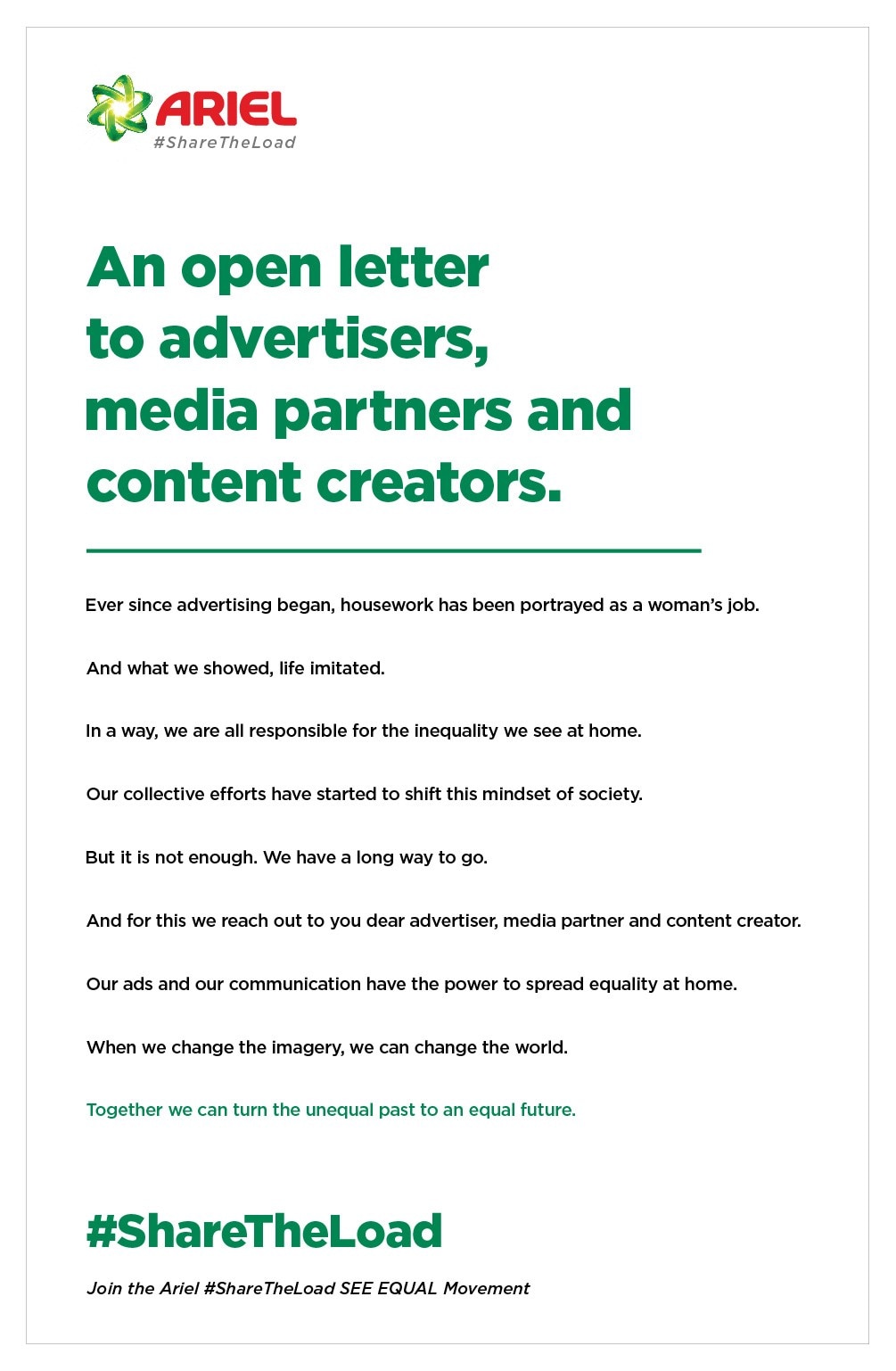
Purpose cannot be seasonal: Sharat Verma of P&G India
In an exclusive conversation with Storyboard18, Sharat Verma, chief marketing officer, P&G India, and vice president, Fabric Care, P&G India, shares what #ShareTheLoad movement has taught him as a marketer, the challenges of taking forward a purpose-driven campaign, and Ariel NFTs
 Sharat Verma, chief marketing officer, P&G India, and vice president, Fabric Care, P&G India
Sharat Verma, chief marketing officer, P&G India, and vice president, Fabric Care, P&G India
Since 2015, Ariel, the detergent brand from the stable of P&G, in India has been asking some uncomfortable questions. Why can’t men do the laundry? Why are parents not teaching their sons to pick up the laundry basket? Why can’t men see laundry as an equal household chore? Seven years into the movement and several awards and debates later, Ariel has sent out an open letter to brands, media partners, and content creators to deliberately focus on the way women are being portrayed in advertising today. Ariel is calling this an invitation to partner with like-minded organisations and creators who believe in equality and the power of representation, to make the future more equal.
In an exclusive interview with Storyboard18, Sharat Verma, chief marketing officer, P&G India, and vice president, Fabric Care, P&G India, shares what the #ShareTheLoad movement has taught him as a marketer, the creative challenges of taking forward a purpose-driven campaign, and more. He also talks about Ariel’s NFTs play. Yes, you heard that right. Edited excerpts.
Q. Why did you think an open letter to all the stakeholders of the advertising industry was needed at this point?
We are in this movement since 2015. This time around, the spotlight is on the unconscious bias that comes in the way of men taking up more household responsibilities. The idea this year is that if men can share the load equally with other men, then why not with their wives? We know from data that when we see each other as equal, we share equally. Over the years, we have identified multiple conversations and created imagery to bring in change faster. We think these conversations have had the power to create realisation. We are all influenced by what we see and hear around us. That’s why imagery has the power to dismantle biases and stereotypes. The inappropriate portrayal of women can reinforce bias without us even realising it. Whereas gender-neutral, progressive, and authentic imagery makes a huge difference and helps in shattering these stereotypes to make people introspect.
Content creators can help us accelerate this change. Our open letter is also to all the like-minded brands to collaborate with us to create an equal world. The letter addresses the vicious circle of imagery in society. We will continue to imitate each other unless an effort is made to break the cycle. Things are changing but more can be done as an industry to move on from decades of conditioning.








